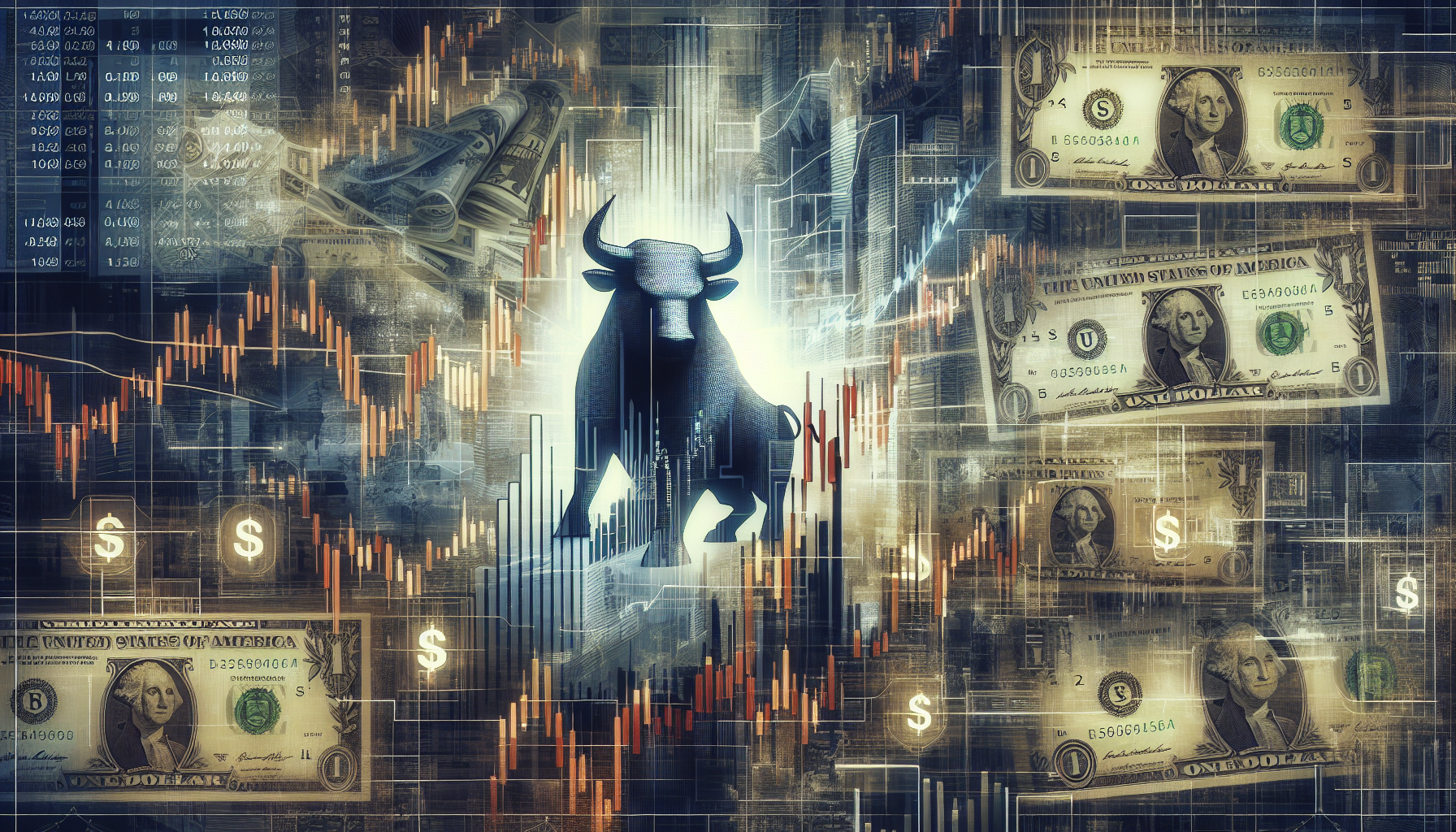
tl;dr
Goldman Sachs has raised the probability of a US recession within the next year to 45%, citing increased economic uncertainty due to global tensions, tightening financial conditions, and looming tariff impacts. The investment bank's latest note outlines a sharp deterioration in economic conditions, ...
Goldman Sachs has raised the probability of a US recession within the next year to 45%, citing increased economic uncertainty due to global tensions, tightening financial conditions, and looming tariff impacts. The investment bank's latest note outlines a sharp deterioration in economic conditions, with implications of tariffs expected to take effect on April 9. The bank's current forecast assumes that many new tariffs scheduled for April 9 will not materialize, but if enacted, it could fuel inflation and drive further downward pressure on US economic growth. Despite the grim outlook, Goldman Sachs remains heavily invested in the crypto space, particularly Bitcoin, reflecting a growing interest in digital assets amid traditional market instability.
Additionally, JPMorgan also predicted a US recession, warning of broader economic consequences and the potential need for the Federal Reserve to cut rates sooner than expected, which could impact the crypto market.
Goldman Sachs' latest note, “Countdown to Recession,” outlines a sharp deterioration in economic conditions. These include the implications of tariffs expected to take effect on April 9. This marks the highest probability of recession predicted by the investment bank since the post-pandemic inflation and interest rate hikes began.
Amid escalating trade tensions, Polymarket bettors see almost 70% odds of US recession after Liberation Day tariffs. Despite the grim economic outlook, Goldman Sachs remains heavily invested in the crypto space, particularly Bitcoin. The bank held a substantial $1.5 billion in Bitcoin as of February 12, reflecting its growing interest in digital assets as an alternative store of value amid traditional market instability. Compared to previous filings, it boosted its position in the iShares Bitcoin Trust (IBIT) by 88% and the Franklin Bitcoin Trust (FBTC) by 105%.
JPMorgan's forecast warned of the broader economic consequences of trade wars, predicting that the Federal Reserve might need to cut rates sooner than expected. The possibility of a rate cut, which many see as a response to a weakening economy, raises the odds of quantitative easing (QE) in the US financial system. Such an outcome could have far-reaching implications for the crypto market, injecting liquidity and providing a short-term lifeline for risk assets like Bitcoin.